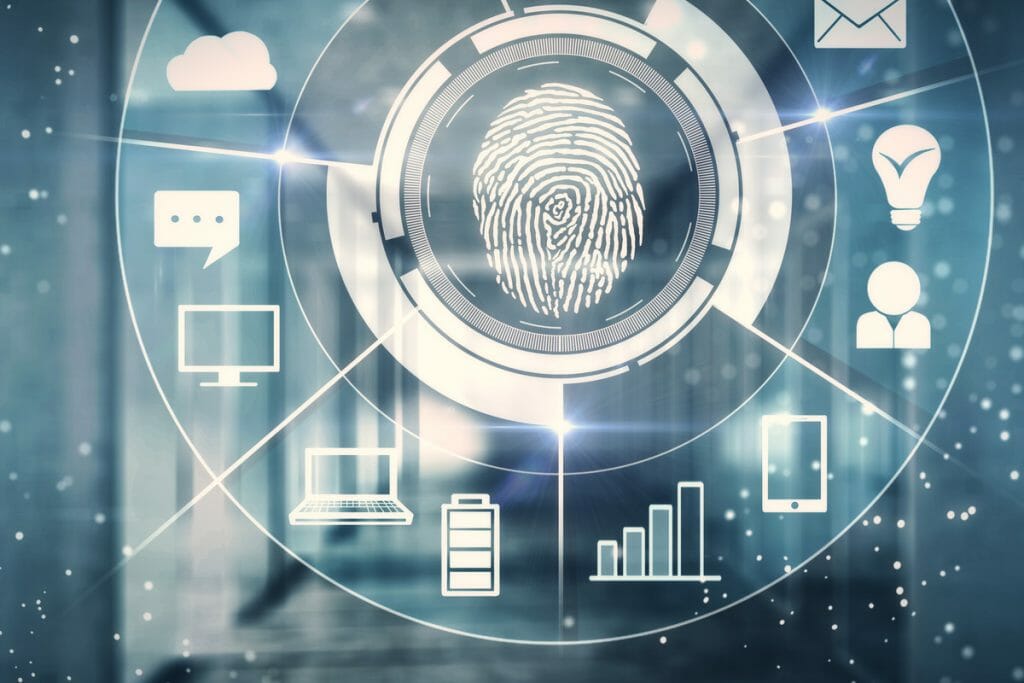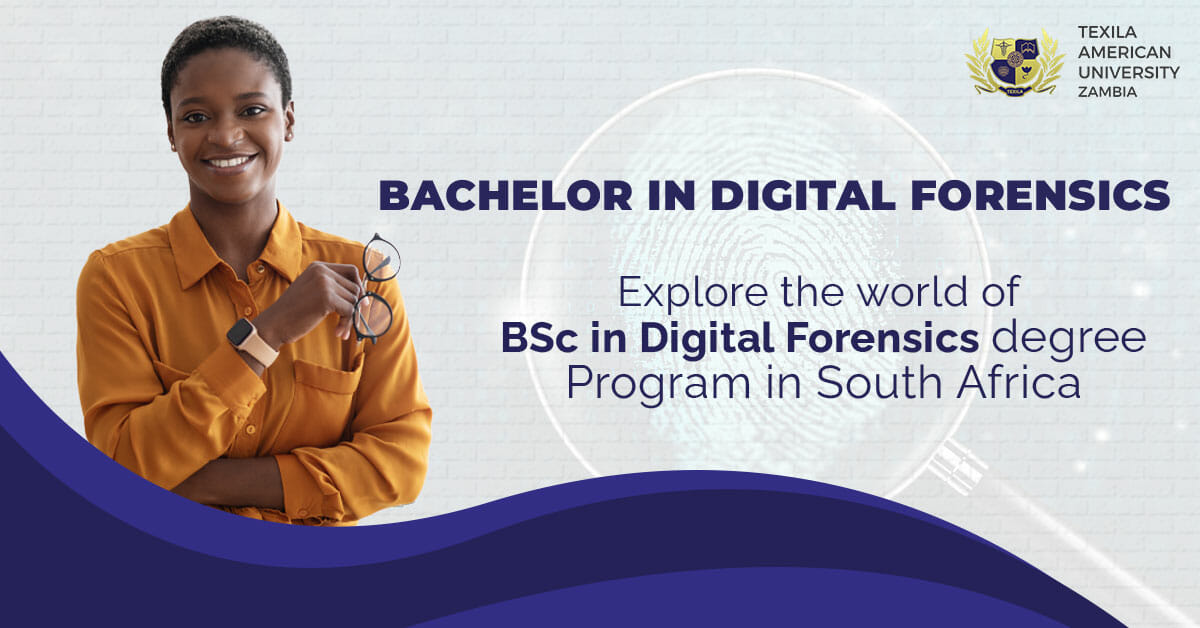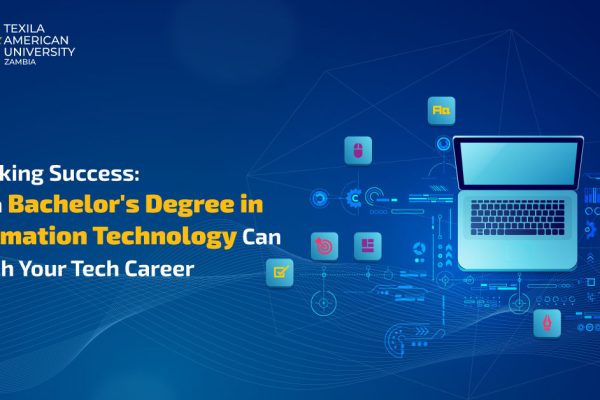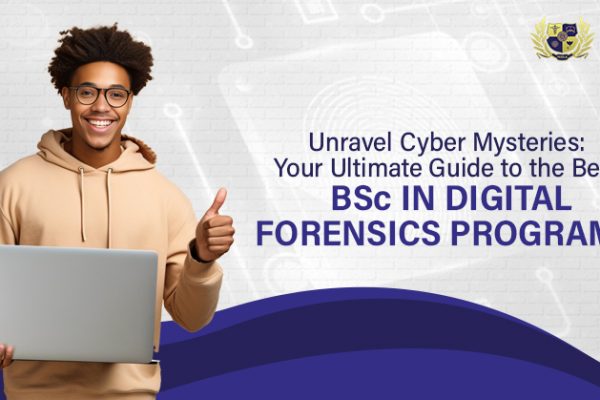|
Tired of Reading? Please listen to the blog
|
Blog Summary
Digital forensics is vital in today’s digital age, where each byte offers valuable insights. In South Africa, digital forensics degree programs present exciting opportunities for unravelling cyber mysteries and ensuring justice. This article delves into digital forensics, explores the importance of pursuing a degree in this field, and sheds light on South Africa’s educational landscape. Digital forensics encompasses disciplines that gather, protect, and scrutinize electronic information to uncover legal evidence. From cybercrime to corporate data breaches, experts play a pivotal role in ensuring justice in a digitized world.
- The Digital Forensics Degree Program in South Africa
- The Role of Digital Forensics in Modern Crime Investigations
- The Curriculum and Hands-On Training in Digital Forensics Programs
- South Africa's Pioneering Institutions Offering Digital Forensics Degrees
- Career Avenues and Prospects
- Ethical and Legal Considerations in Digital Forensics
- Industry Partnerships, Internships, and Your Journey to a Fulfilling Career
- The Future of Digital Forensics: Trends and Innovations
- Former Students' Achievements and Personal Accounts: Inspiring Tales from the Digital Forensics Journey
- Conclusion
- FAQs
The Digital Forensics Degree Program in South Africa
The digital forensics degree program in South Africa is meticulously crafted to give students a comprehensive education, equipping them for triumph in this domain. The comprehensive curriculum covers all the essential skills required to excel as a digital forensics specialist. The program covers various topics, including:
Introduction to Cybersecurity: Understanding cybersecurity fundamentals is essential for any digital forensics expert. Students delve into various cybersecurity threats, prevention measures, and security protocols.
Computer Networks and Data Transmission: A strong foundation in computer networks is crucial for tracking data transmissions and identifying potential security breaches. Students learn about network protocols, data routing, and network forensics.
Digital Evidence Collection and Preservation: One of the core aspects of digital forensics is collecting and preserving digital evidence without compromising its integrity. Students learn best practices for collecting, storing, and documenting evidence.
Mobile Device Forensics: With the proliferation of mobile devices, understanding how to extract and analyze data from smartphones and tablets is of utmost importance. This module covers techniques for mobile device forensics.
Legal and Ethical Considerations: Digital forensics experts must operate within legal and ethical boundaries. This module educates students about laws related to digital evidence, privacy, and the admissibility of evidence in court.
The Role of Digital Forensics in Modern Crime Investigations
In a world where crimes are becoming more sophisticated and technologically driven, traditional investigative methods often need to be revised. This is where BSc in Digital Forensics comes into play. Experts can reconstruct events, trace malicious activities, and unveil hidden connections by delving into digital footprints left behind on devices and networks.

The Curriculum and Hands-On Training in Digital Forensics Programs
A degree program in digital forensics provides students with a thorough grasp of computer systems, networks, and protocols for ensuring cybersecurity. Courses cover data recovery, evidence handling, network forensics, and malware analysis. This knowledge gives future professionals the skills to recover, analyze, and present digital evidence in legal proceedings.
Hands-On Practical Training: Their emphasis on practical training sets digital forensics programs apart. Students engage in simulated investigations, learning to extract data from various devices and analyze it meticulously. This hands-on experience ensures that graduates are well-prepared to tackle real-world scenarios and contribute effectively to solving cybercrimes.
South Africa’s Pioneering Institutions Offering Digital Forensics Degrees
South Africa boasts prestigious institutions that offer cutting-edge digital forensics programs. Two noteworthy options are:
Texila American University: Championing the Texila American University digital forensics program shines a spotlight on its distinctive emphasis on ethical dimensions. Beyond honing technical proficiencies, students extensively explore the legal and moral facets of digital investigations, equipping them to adeptly maneuver through intricate legal terrains.
University of Cape Town: Renowned for its technological programs, the University of Cape Town provides a comprehensive digital forensics curriculum. Students benefit from state-of-the-art labs and expert faculty, gaining insights into both theory and practice.
Career Avenues and Prospects
Individuals who complete digital forensics programs are presented with various potential career paths. Their skills are in high demand across diverse sectors, encompassing:
Cybersecurity Enterprises: In the face of escalating cybersecurity threats, companies seek professionals in digital forensics. These experts play a vital role in pinpointing vulnerabilities, thwarting breaches, and swiftly responding to incidents.
Law Enforcement Authorities: Digital forensics is pivotal in contemporary law enforcement. Proficient experts contribute to criminal investigations by unearthing digital evidence that either substantiates or challenges claims, thereby ensuring a just legal process.

Ethical and Legal Considerations in Digital Forensics
Responsible usage is paramount in digital forensics, a tool of significant power. Professionals within this domain strictly adhere to rigorous ethical guidelines and legal frameworks. Their commitment ensures the utmost integrity of the evidence they handle, upholding the credibility and fairness of investigations.
Admission Requirements: Entering a digital forensics program typically mandates a foundation in computer science or a closely related field. Aspiring students should also exhibit a genuine enthusiasm for cybersecurity and possess a robust capability for analytical thinking.
Crafting an Effective Application: Constructing an engaging application involves effectively portraying one’s passion for digital forensics, relevant experiences, and a coherent vision of how the pursued degree will substantially contribute to their professional aspirations.
Scholarships and Financial Assistance: A variety of scholarships and financial aid avenues are at the disposal of ambitious digital forensics students. These opportunities substantially facilitate pursuing a degree, rendering it more attainable and financially manageable.
Industry Partnerships, Internships, and Your Journey to a Fulfilling Career
Bridging the gap between academia and industry, the program forges strategic partnerships with leading cybersecurity firms, law enforcement agencies, and technology companies. This collaborative approach enables students to engage in internships, workshops, and joint projects that offer firsthand exposure to real-world challenges and industry dynamics. Upon successful completion of the digital forensics degree program in South Africa, graduates unlock a diverse array of career prospects, including:
Digital Forensics Analyst: Graduates can embark on careers as BSc Digital Forensics analysts, where their responsibilities encompass analyzing digital evidence, conducting thorough investigations, and generating reports crucial for legal proceedings.
Cybersecurity Consultant: Armed with profound expertise in cybersecurity and digital risks, graduates are poised to offer consultancy services to organizations aiming to fortify their digital security measures.
Law Enforcement Specialist: Digital forensics experts frequently collaborate with law enforcement agencies, contributing their skills to decode cybercrimes and support ongoing criminal inquiries.
Data Privacy Officer: In an era where data privacy takes center stage, graduates can assume roles as data privacy officers, ensuring organizations’ adherence to stringent data protection regulations.
The Future of Digital Forensics: Trends and Innovations
Artificial Intelligence and Machine Learning: Progress in AI and machine learning is transforming digital forensics by accelerating data analysis and improving result precision.
Internet of Things (IoT) Challenges and Solutions: As IoT devices become ubiquitous, new challenges arise in digital forensics. Experts are at the forefront of developing strategies to extract and analyze data from various interconnected devices.
Former Students’ Achievements and Personal Accounts: Inspiring Tales from the Digital Forensics Journey
Follow Jane, a digital forensics student at the University of Cape Town, as she navigates her daily routine, from attending lectures to engaging in hands-on lab work.
The journey through a digital forensics degree program is an adventure filled with challenges, growth, and remarkable accomplishments. As we delve into the inspiring tales of former students, we uncover a tapestry of experiences that highlight their dedication, innovation, and impact in cyber investigations. From unraveling complex cybercrimes to pioneering groundbreaking solutions, these individuals showcase the immense potential and transformative power of a Best Digital Forensics program. Their stories not only serve as a testament to the quality of education provided by South Africa’s esteemed institutions but also inspire current and future students to embark on their journey of discovery in digital forensics.
Conclusion
In a world where technology is pervasive, digital forensics plays a critical role in maintaining the integrity of digital information and ensuring justice prevails. The digital forensics degree program in South Africa provides students with the expertise, understanding, and hands-on practice required to thrive in this ever-changing and fast-paced sector. By choosing this educational pathway, individuals can embark on a rewarding journey towards safeguarding digital spaces and upholding the principles of justice in the digital age.











